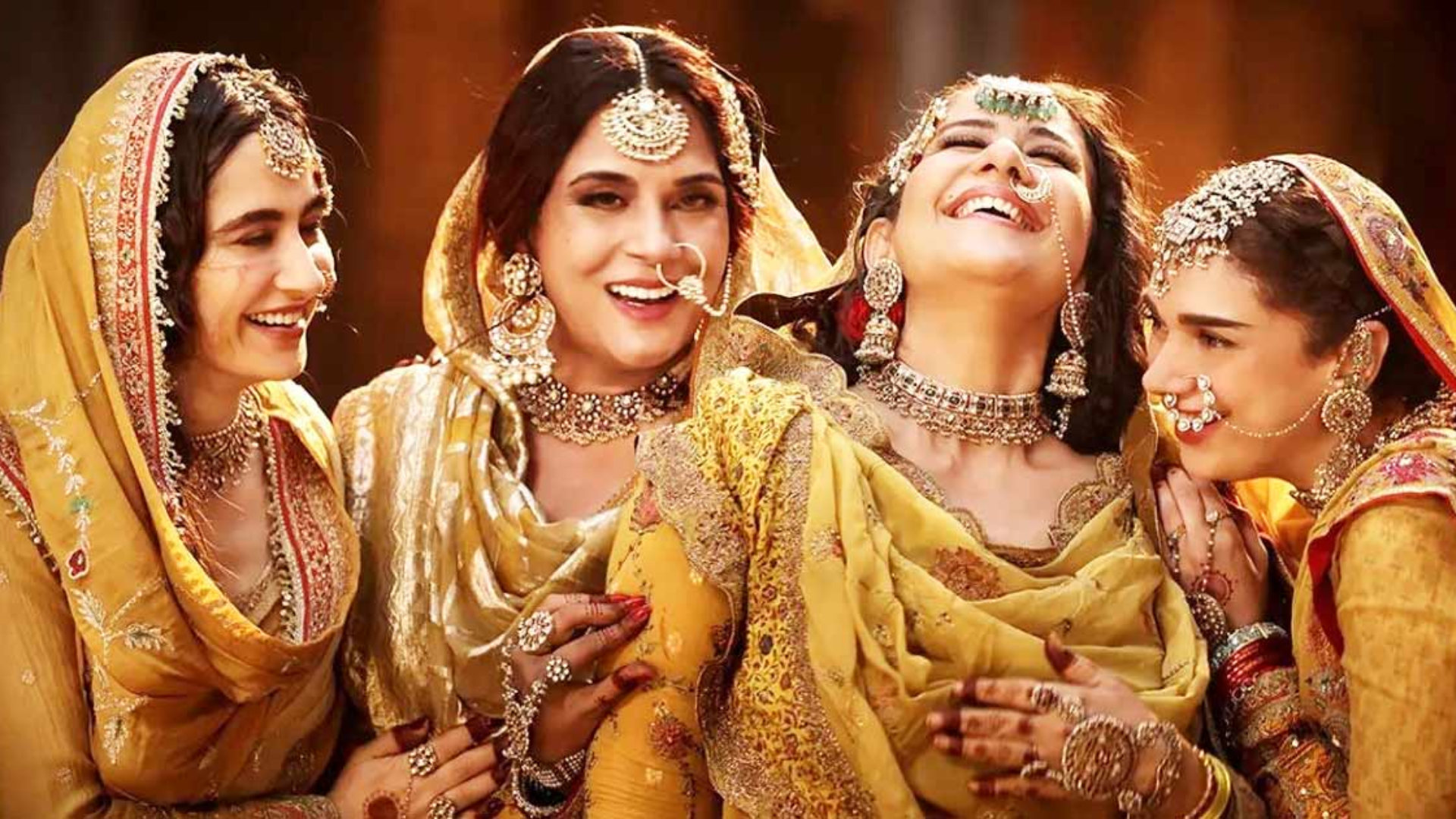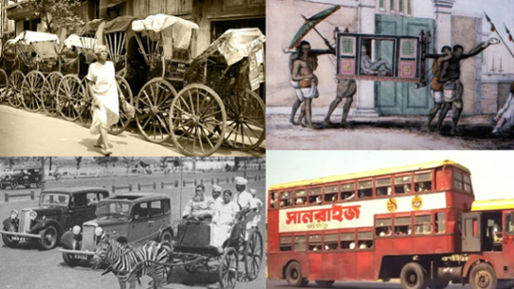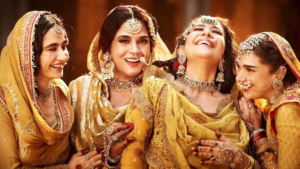Sanjay Leela Bhansali’s ‘Heeramandi: The Diamond Bazaar’, which premiered on Netflix on May 1, is set against the backdrop of pre-independence India. The series delves into the lives of courtesans in Lahore’s Heera Mandi, exploring themes of love, betrayal, power, and resilience through its well-written female characters. These layered individuals highlight different shades of womanhood through their actions. Here is a closer look at the female characters of ‘Heeramandi’ and their journeys.
Mallikajaan (Manisha Koirala):
The matriarch and ruler of Heera Mandi, Mallikajaan is a formidable figure who governs the courtesans with an iron fist. Her ruthlessness and scheming mind ensure her dominance in the bazaar. She embodies power and control. “Heeramandi main angrezon ka nahi…Mallikajaan ka sikka chalta hai.” This line encapsulates her supremacy, indicating that in Heeramandi, her rule is absolute, even over the British.
However, at the same time, Mallikajaan’s vulnerability is poignantly displayed in a scene at the police station where she negotiates for her daughter’s release and even expresses a willingness to sacrifice her dignity for her loved ones..
Fareedan (Sonakshi Sinha):
Fareedan is Mallikajaan’s rival, driven by a desire for revenge and power. She is manipulative and ambitious. She aims to usurp Mallikajaan’s position. Fareedan returns with a vendetta against Mallikajaan for her mother’s murder. She is driven by revenge but eventually forms a partnership with Mallikajaan to fight against their common enemy—the British. “Teer nishane pe laga hai meri jaan. Aur haath bhi.” This exchange underlines her resolve and the physical manifestation of her quest for vengeance.
Bibbojaan (Aditi Rao Hydari):
Bibbojaan is portrayed as a delicate yet resilient courtesan involved in the independence movement. She has a fragile appearance but pocesses inner strength, representing the duality of vulnerability and power. She inherits her mother’s fierce spirit but channels it into the fight for independence. Her rebellious nature and ultimate sacrifice highlight her courage and the complex legacy of defiance she carries from her mother “Sharafat humne choodh di, mohabbat ne hume chhodh diya, ab sirf bagawat humari zindagi ko mayne de sakti hai.” This line signifies her transformation from a courtesan to a freedom fighter, indicating her belief that rebellion is now the sole purpose of her life.
Lajwanti “Lajjo” (Richa Chadha):
Lajjo is a tragic figure, an alcoholic courtesan longing for love and freedom. Her character is defined by her hopeless romanticism and deep-seated sorrow, making her one of the most poignant characters. She declares “Humari mohabbat koi karobar nahi hai” emphasising that her love is not a transaction but a deep, genuine yearning. This sentiment underscores her despair and the purity of her desires, contrasting sharply with the harsh realities of her life.
Waheeda (Sanjeeda Sheikh):
Waheeda’s character arc involves a fall from grace due to a disfiguring scar, representing the ephemeral nature of beauty and the quest for redemption. Her struggle is both external and internal, as she seeks to redefine her worth beyond physical appearance. In her moments of vulnerability, she poignantly asks, “Kya Firoz Sahab ab adhe minute ka bhi ehsaan jateyenge aap,” highlighting her deep-seated pain and the struggle for dignity in a world that often measures her by her looks alone.
Alamzeb “Alam” (Sharmin Segal):
Alam, Mallikajaan’s youngest daughter, aspires to be a poet rather than a courtesan, yearning for love, freedom, and artistic expression. Her poetic soul finds solace in her writings, and this desire for genuine connection draws her to Tajdar. He represents the world beyond her confined life, igniting her creativity and fueling her desire to break free from societal expectations.
Alam’s love for Tajdar is not mere infatuation but a desperate attempt at finding a meaningful life. Through him, she envisions a future defined by her poetry and heart, not superficial standards. Believing that “mohabbat aur bagawat ke beech koi lakker nahi hoti, isq aur inquilab ke beech koi fark nahi hota,” Alam sees love and rebellion as intertwined. Her love for Tajdar becomes the cornerstone of her rebellion as she strives for a life true to herself, beyond imposed boundaries.
These characters, each with their unique shades and complexities, form the heart of “Heeramandi,” offering a deep dive into the multifaceted lives of women in a patriarchal society. Their stories, ambitions, and struggles are intertwined with the historical context of India’s fight for independence, making the series a rich tapestry of personal and political narratives. All episodes of “Heeramandi” are now streaming on Netflix, inviting viewers to immerse themselves in this compelling portrayal of resilience and rebellion.














